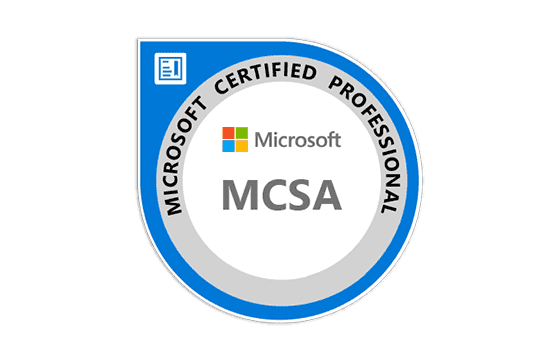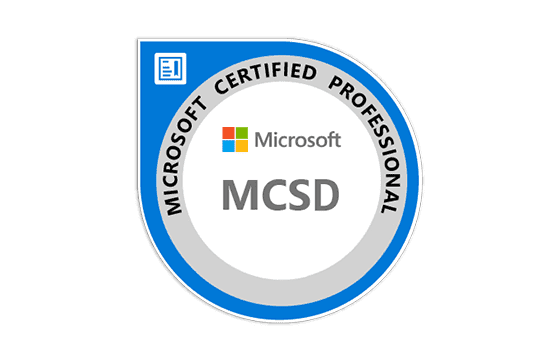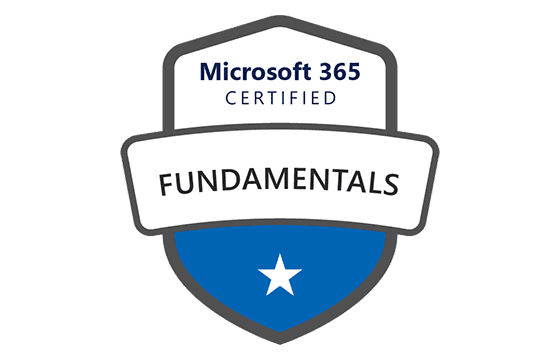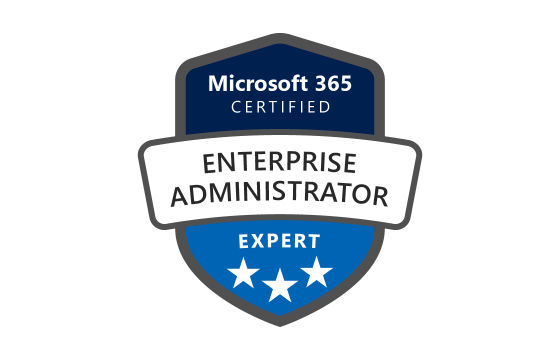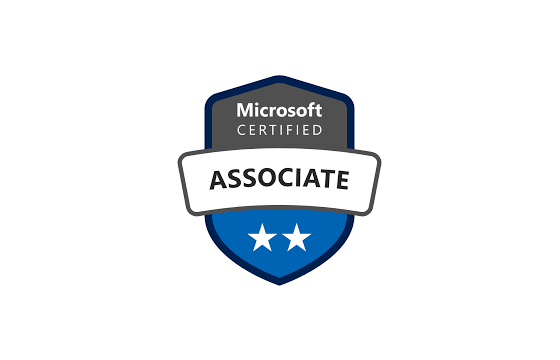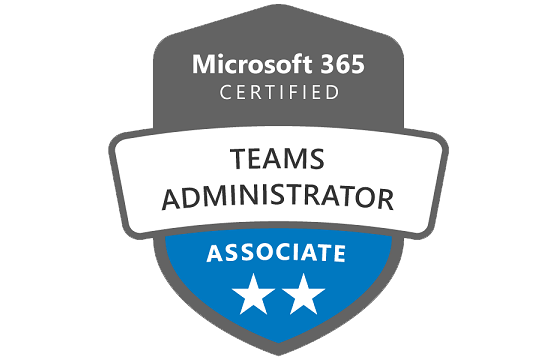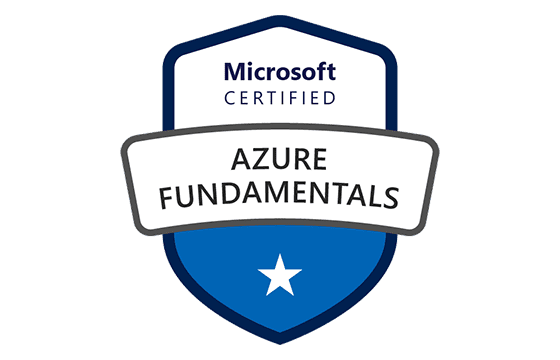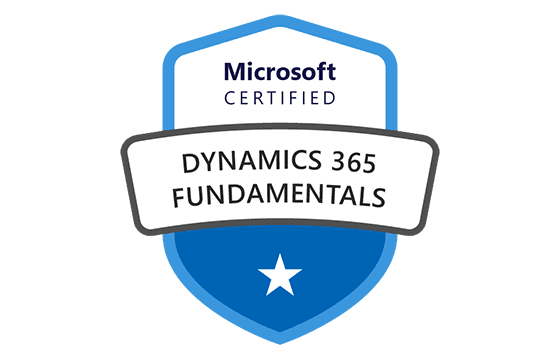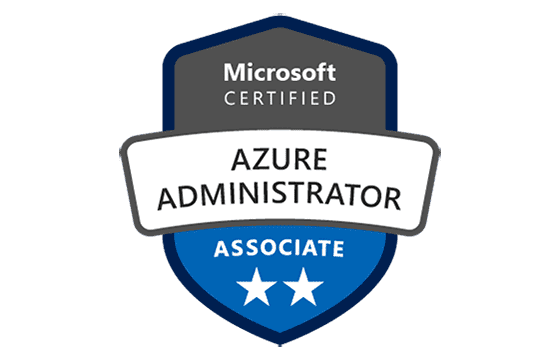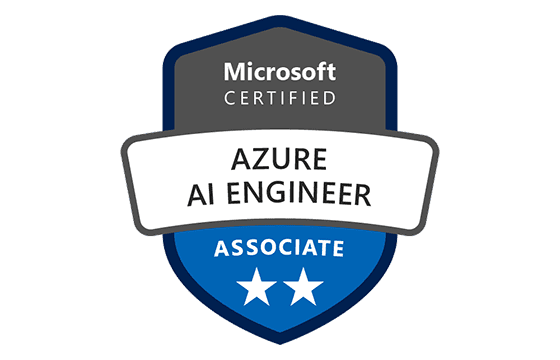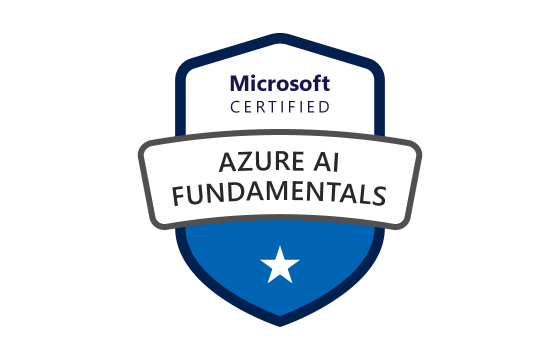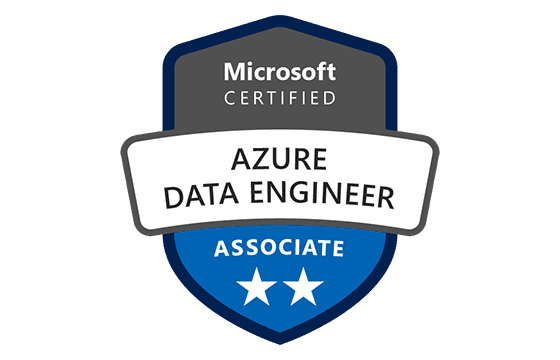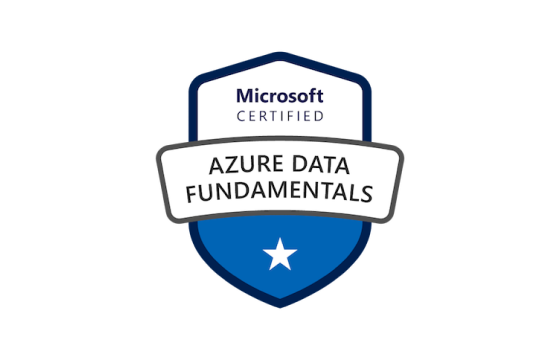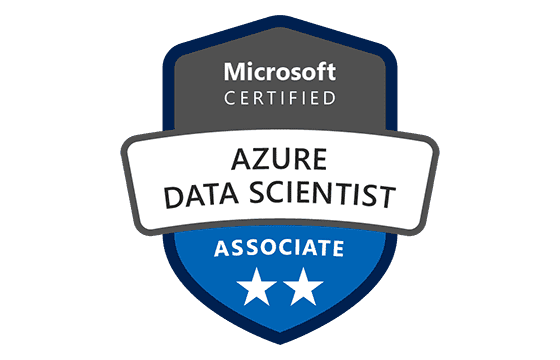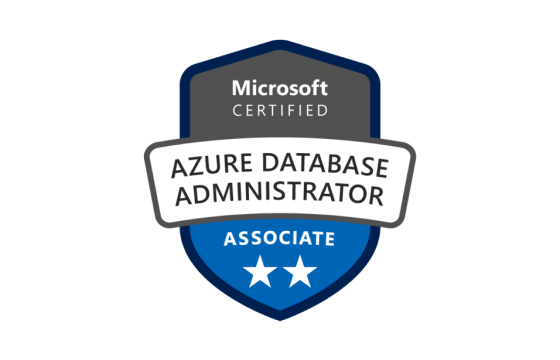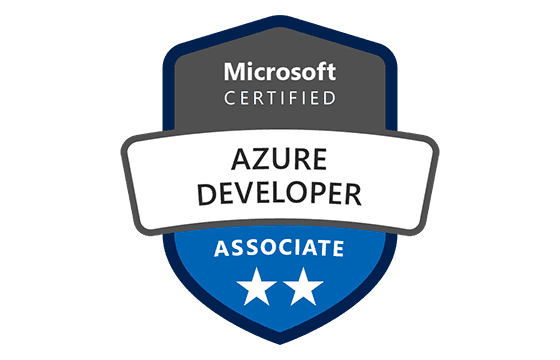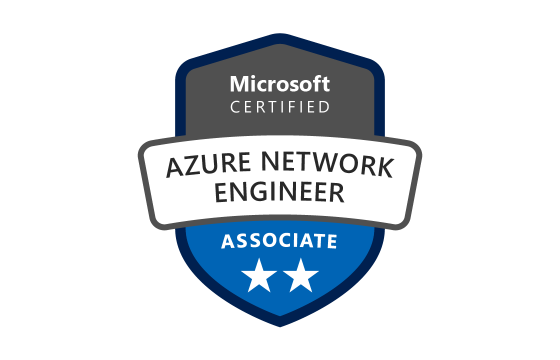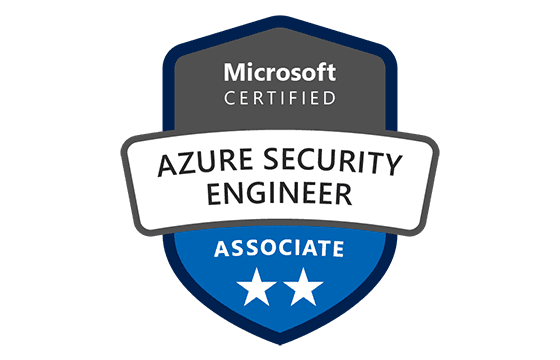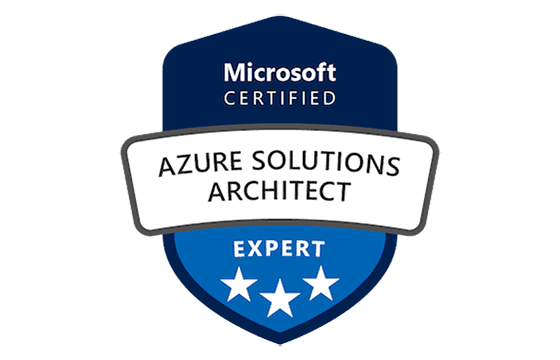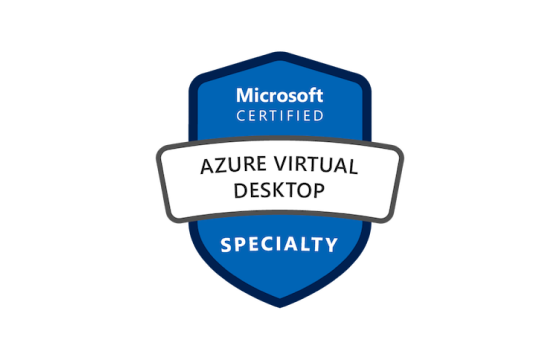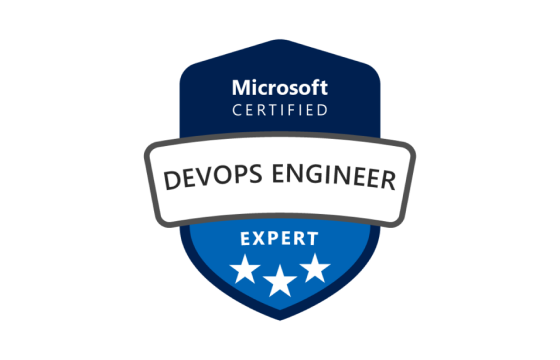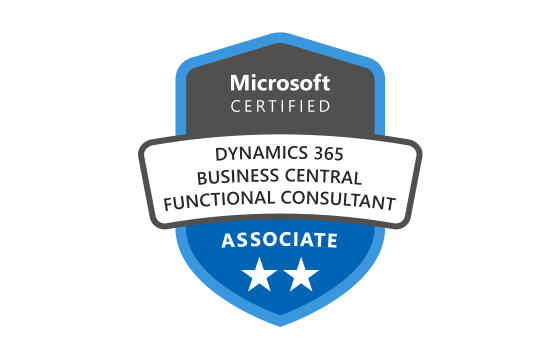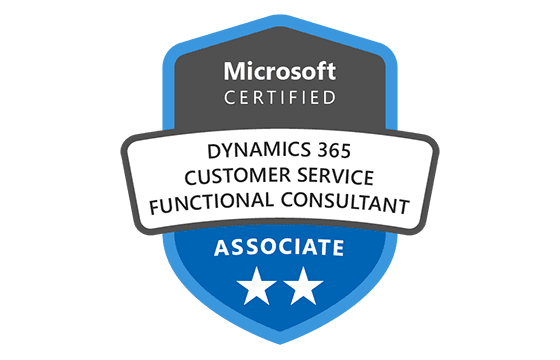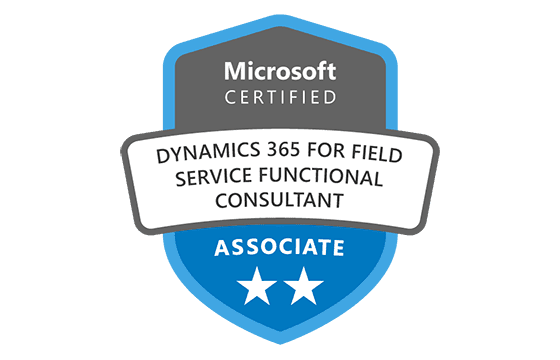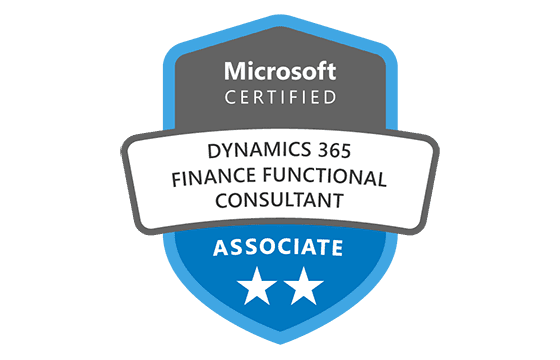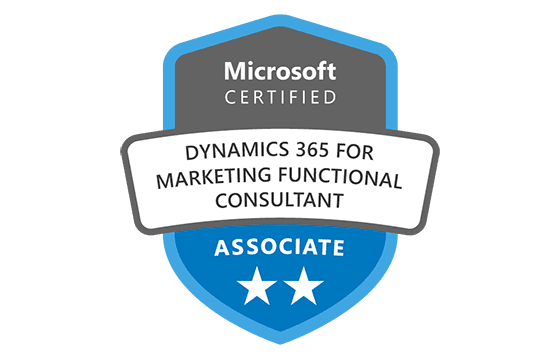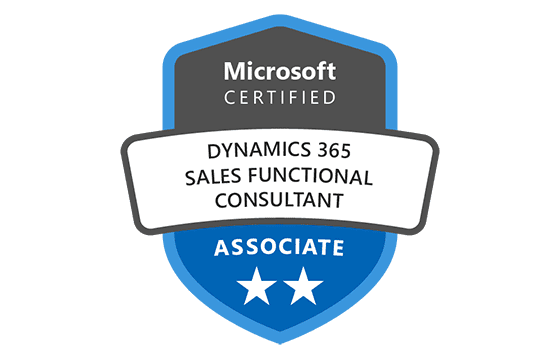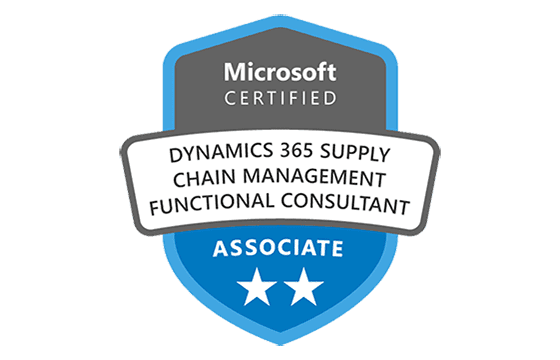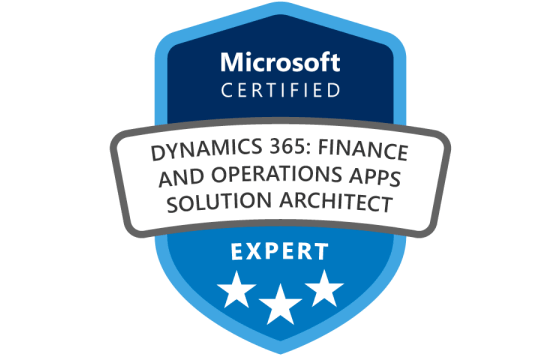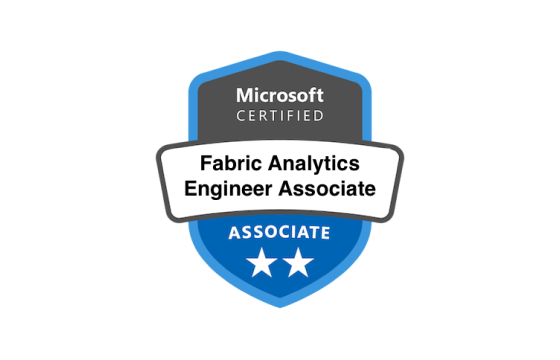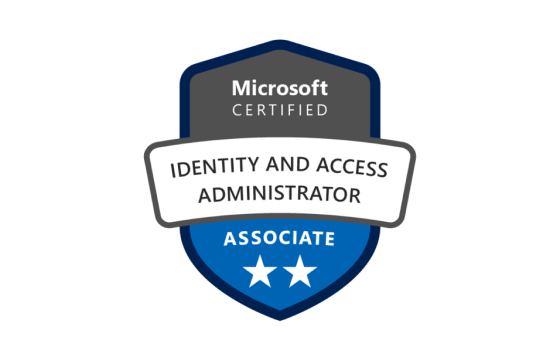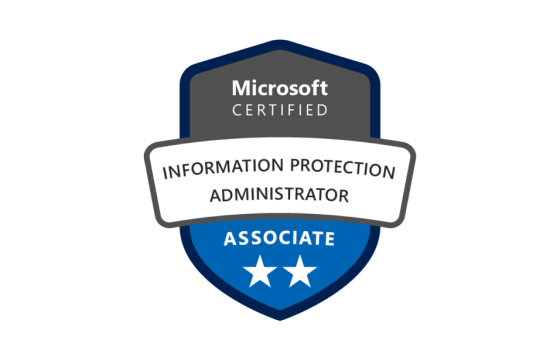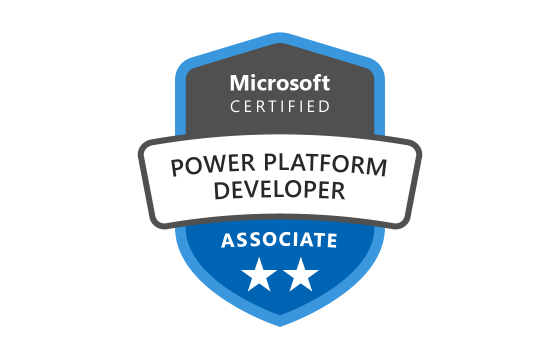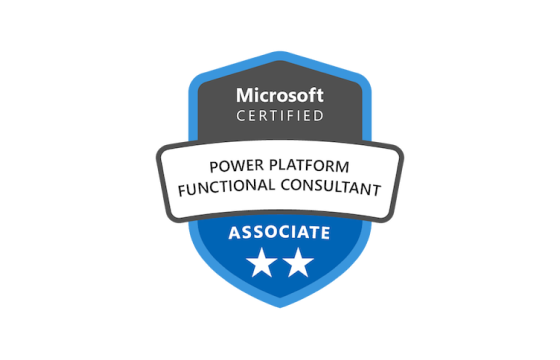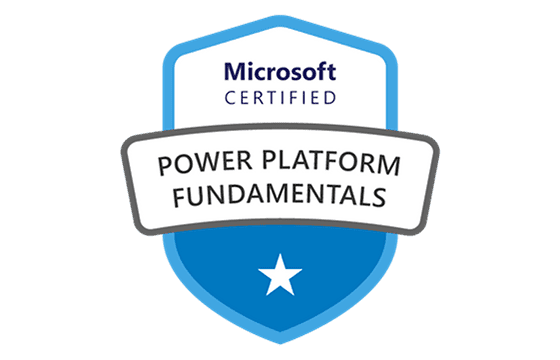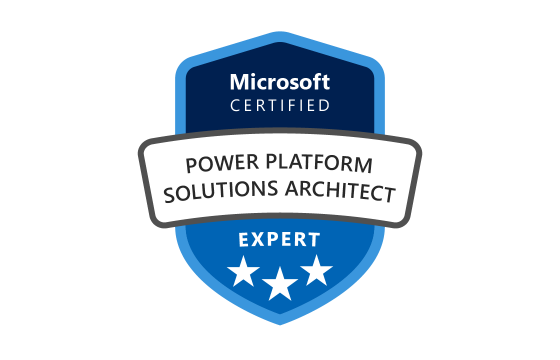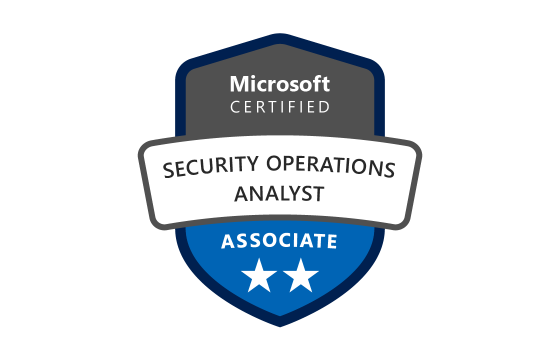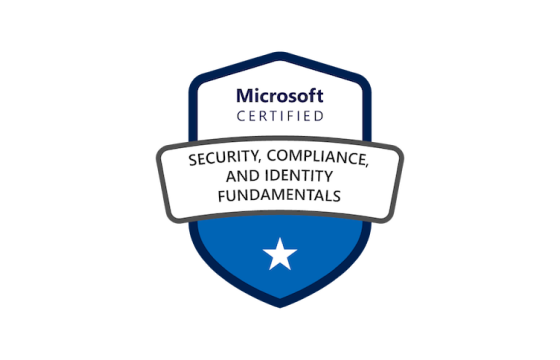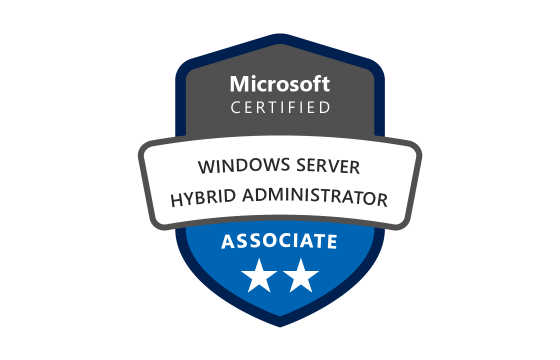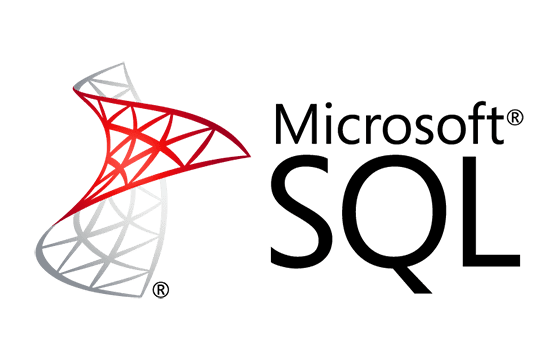Pass Your Microsoft 365 Certified: Endpoint Administrator Associate Certification Easy!
Microsoft 365 Certified: Endpoint Administrator Associate Certification Exams Questions & Answers, Accurate & Verified By IT Experts
Instant Download, Free Fast Updates, 99.6% Pass Rate.
Download Free Microsoft 365 Certified: Endpoint Administrator Associate Practice Test Questions VCE Files
| Exam | Title | Files |
|---|---|---|
Exam MD-102 |
Title Endpoint Administrator |
Files 1 |
Microsoft 365 Certified: Endpoint Administrator Associate Certification Exam Dumps & Practice Test Questions
Prepare with top-notch Microsoft 365 Certified: Endpoint Administrator Associate certification practice test questions and answers, vce exam dumps, study guide, video training course from ExamCollection. All Microsoft 365 Certified: Endpoint Administrator Associate certification exam dumps & practice test questions and answers are uploaded by users who have passed the exam themselves and formatted them into vce file format.
Microsoft 365 Endpoint Administrator Certification: A Complete Guide to Success
In today’s digital workplace, managing devices and applications efficiently is critical to business success. Organizations are increasingly adopting cloud technologies, remote work models, and mobile-first strategies. This shift has made the role of a Microsoft 365 Endpoint Administrator more essential than ever. Professionals in this role are responsible for deploying, configuring, securing, and monitoring devices and applications, ensuring that employees can work productively while organizational data remains protected.
Endpoint administration involves more than basic IT support. It requires strategic oversight, proactive problem-solving, and a strong understanding of modern device management technologies. Endpoint administrators ensure that all endpoints, from desktops to mobile devices, are compliant with company policies and secured against potential threats. Their work directly influences the efficiency, security, and overall user experience in an organization.
Key Responsibilities of an Endpoint Administrator
The role of a Microsoft 365 Endpoint Administrator covers multiple areas. At its core, it revolves around ensuring the smooth operation of all organizational devices while protecting sensitive data. The responsibilities include:
Deploying and configuring devices such as laptops, desktops, tablets, and mobile phones.
Implementing compliance and security policies to protect organizational information.
Managing software applications, including installation, updates, and removal, across all devices.
Troubleshooting technical issues and providing support for end-users.
Monitoring device performance and generating reports to inform IT strategy.
Collaborating with IT teams to align device management with overall business objectives.
By performing these tasks, administrators ensure that devices are optimized for performance, secure against threats, and compliant with regulations. This role is vital in hybrid work environments where employees access company resources from multiple locations and devices.
Tools and Technologies Used in Endpoint Management
A Microsoft 365 Endpoint Administrator works with a variety of tools to manage devices efficiently. Some of the most commonly used technologies include:
Microsoft Endpoint Manager: A unified platform that allows administrators to manage devices, applications, and security policies across an organization.
Intune: A cloud-based service used to manage mobile devices and applications, enabling secure access to company resources.
Azure Active Directory: Provides identity and access management, ensuring that only authorized users can access organizational systems and data.
Configuration Manager: Allows for detailed control over device deployment, software updates, and monitoring across physical and virtual environments.
Security and Compliance Tools: These tools help administrators enforce policies, monitor compliance, and mitigate potential threats across endpoints.
Proficiency with these tools is essential for effective endpoint management. Administrators need to understand how to configure, monitor, and troubleshoot each tool to maintain operational efficiency and security.
Skills Needed for Microsoft 365 Endpoint Administration
Endpoint administration requires a combination of technical, analytical, and problem-solving skills. Key skills include:
Knowledge of Windows, macOS, iOS, and Android devices, including their configuration and management.
Understanding of Microsoft 365 services and cloud-based management platforms.
Ability to implement security policies and compliance frameworks to protect organizational data.
Strong troubleshooting skills to resolve technical issues quickly and minimize downtime.
Analytical skills to interpret reports, monitor device performance, and plan improvements.
Communication skills for collaborating with IT teams, management, and end-users.
These skills allow administrators to ensure that devices are secure, compliant, and performing optimally. The rapidly evolving technology landscape also requires continuous learning to stay current with new devices, applications, and security challenges.
Importance of Security and Compliance
In the role of an Endpoint Administrator, security and compliance are top priorities. Organizations store sensitive data on endpoints, and any breach can have serious consequences. Administrators implement security measures such as encryption, multi-factor authentication, and threat detection to safeguard devices and information. Compliance with regulations like GDPR or HIPAA is also essential, requiring administrators to monitor and enforce policies that meet these standards.
Endpoint administrators continuously assess potential vulnerabilities and implement proactive measures to mitigate risks. They ensure that all devices meet organizational security standards and that employees follow best practices for data protection. Security and compliance are not one-time tasks but ongoing responsibilities that require vigilance and attention to detail.
Application Management and Deployment
Managing applications across a wide array of devices is another critical responsibility. Endpoint administrators ensure that employees have access to the software they need while preventing unauthorized applications that could compromise security. This includes:
Deploying applications to new devices efficiently.
Updating applications to the latest versions to maintain functionality and security.
Removing outdated or insecure applications that could pose risks.
Monitoring application usage and performance to optimize productivity.
Using tools like Microsoft Endpoint Manager and Intune, administrators can automate many of these processes, saving time and reducing the risk of human error. Efficient application management also supports remote work, enabling employees to access necessary tools without compromising security.
Troubleshooting and Support
Despite best efforts, technical issues inevitably arise. Endpoint administrators must be skilled at diagnosing and resolving problems quickly to minimize disruption. Troubleshooting may involve network issues, device performance problems, application errors, or compliance violations. Administrators often collaborate with other IT professionals to identify the root cause and implement effective solutions.
Effective support also requires good communication skills. Administrators must guide users through troubleshooting steps and provide clear instructions. This ensures that employees can continue working efficiently while IT teams resolve issues in the background.
Monitoring and Reporting
Monitoring devices and generating reports is an essential part of endpoint administration. Administrators track device health, performance metrics, and compliance with security policies. Reporting tools help identify trends, detect potential risks, and provide insights for decision-making.
Regular monitoring allows for proactive maintenance, preventing issues before they impact end-users. It also provides management with data-driven insights into the effectiveness of IT policies and procedures. This ongoing analysis supports continuous improvement and strengthens overall organizational security.
Career Opportunities and Benefits of Certification
Earning the Microsoft 365 Certified: Endpoint Administrator Associate certification offers numerous career benefits. It validates a professional’s expertise in managing devices and applications, making them highly valuable in IT teams. Certified administrators can pursue roles such as endpoint administrator, device management specialist, and IT security administrator.
The certification demonstrates not only technical proficiency but also an understanding of business needs and compliance requirements. Organizations value professionals who can maintain a secure, efficient, and productive digital workplace. Certified administrators often enjoy higher earning potential, increased job security, and opportunities for career growth in IT management and cloud services.
Preparing for the Certification
Preparation for the Microsoft 365 Endpoint Administrator certification involves a combination of hands-on experience and theoretical knowledge. Candidates typically focus on:
Understanding Microsoft 365 services, including Endpoint Manager, Intune, and Azure Active Directory.
Gaining practical experience with device deployment, configuration, and management.
Studying security policies, compliance requirements, and threat mitigation strategies.
Practicing troubleshooting techniques and support scenarios.
Using practice exams and study materials to reinforce knowledge.
Hands-on experience is particularly important, as administrators must be able to implement policies, deploy devices, and manage applications in real-world environments. Continuous learning and practice ensure that candidates are prepared for the challenges of the role and the certification exam.
Impact of Endpoint Administration on Business Operations
Effective endpoint administration has a significant impact on business operations. Properly managed devices contribute to a seamless employee experience, allowing staff to access applications and data without interruptions. Security and compliance measures protect sensitive information, reducing the risk of breaches and associated costs.
By optimizing device performance and implementing efficient workflows, endpoint administrators also enhance productivity. They ensure that IT resources are used effectively and that devices remain operational for longer periods. This contributes to cost savings, improved efficiency, and a stronger competitive position for the organization.
Future Trends in Endpoint Management
The field of endpoint administration continues to evolve as technology advances. Some emerging trends include:
Increased adoption of cloud-based management solutions for greater flexibility and scalability.
Integration of artificial intelligence and automation to streamline device monitoring and troubleshooting.
Enhanced security measures to address new threats, including ransomware and advanced phishing attacks.
Greater emphasis on remote work support, including secure access to applications and data from any location.
Expansion of mobile device management capabilities to cover a wider range of endpoints.
Staying current with these trends is essential for professionals in the role. Continuous learning and certification updates ensure that administrators can effectively manage the evolving landscape of devices and applications.
The Microsoft 365 Endpoint Administrator role is a cornerstone of modern IT operations. Professionals in this position ensure that devices and applications are deployed efficiently, secured against threats, and optimized for performance. They play a critical role in supporting hybrid and remote work environments while maintaining compliance with organizational policies and regulations.
Earning the Microsoft 365 Certified: Endpoint Administrator Associate certification validates an individual’s skills and positions them for career advancement. It demonstrates expertise in device management, security, application deployment, troubleshooting, and monitoring. Certified administrators are equipped to handle complex IT environments, making them valuable assets to any organization.
By gaining practical experience, mastering Microsoft 365 tools, and understanding best practices in endpoint administration, professionals can contribute significantly to business efficiency, security, and productivity. This certification not only enhances career opportunities but also empowers IT teams to create a secure, compliant, and highly productive digital workplace.
Preparing for the Microsoft 365 Endpoint Administrator Certification
Earning the Microsoft 365 Certified: Endpoint Administrator Associate certification requires thorough preparation, hands-on experience, and a clear understanding of Microsoft 365 tools and endpoint management concepts. Success in this certification demonstrates both practical skills and theoretical knowledge, validating your ability to manage devices, applications, and security across an organization. Preparation involves a combination of structured learning, real-world practice, and review of exam objectives.
Understanding the exam structure is the first step. Candidates should familiarize themselves with the topics covered, including device management, compliance, security, application deployment, and troubleshooting. Knowing the exam objectives ensures that preparation is focused and comprehensive.
Understanding the Exam Objectives
The certification exam evaluates your ability to manage and secure Microsoft 365 endpoints. Core exam objectives typically include:
Planning and Implementing Device Management: Candidates need to understand strategies for deploying Windows, macOS, and mobile devices efficiently, including enrollment methods, configuration profiles, and policies.
Maintaining Compliance and Security: The exam assesses knowledge of security baselines, compliance policies, conditional access, and endpoint security solutions.
Managing Applications and Updates: Candidates should be familiar with deploying applications, managing software updates, and monitoring application performance using tools such as Microsoft Endpoint Manager.
Monitoring and Troubleshooting Devices: Understanding how to diagnose and resolve issues, interpret performance reports, and optimize device performance is crucial.
Supporting Hybrid and Remote Work Scenarios: The exam evaluates your ability to provide secure and efficient access to organizational resources for remote users.
By aligning study efforts with these objectives, candidates can ensure that their preparation covers all necessary skills and knowledge areas.
Hands-On Experience and Practice
Practical experience is essential for mastering endpoint administration. Candidates should spend time working with Microsoft Endpoint Manager, Intune, Azure Active Directory, and other relevant tools. Hands-on experience allows you to understand the nuances of device enrollment, policy application, and security configuration.
Simulated environments or lab setups can help in practicing real-world scenarios. For example, configuring compliance policies for a mix of Windows, macOS, and mobile devices provides insight into challenges administrators face. Troubleshooting common issues in these environments also prepares candidates for the types of questions that appear on the exam.
Regular practice with deployment, application management, and security enforcement tasks reinforces learning and builds confidence. Combining theory with hands-on work is often the most effective preparation method.
Learning Resources and Study Strategies
There are several approaches to studying for the Microsoft 365 Endpoint Administrator certification. Successful candidates often combine multiple resources, including:
Official Microsoft Learning Paths: Microsoft provides structured modules covering all aspects of device management, security, and compliance. These paths are updated regularly to reflect the latest platform changes.
Practice Labs and Virtual Environments: Hands-on labs allow candidates to experiment with device configurations, policies, and security settings in a controlled environment.
Study Guides and Books: Comprehensive guides offer detailed explanations of exam objectives, scenarios, and best practices for endpoint administration.
Online Courses and Video Tutorials: Video-based courses can demonstrate complex tasks visually, helping candidates understand step-by-step processes.
Practice Exams: Simulated exams help assess readiness, highlight knowledge gaps, and improve time management for the real test.
A structured study plan should balance learning theory, practicing skills, and reviewing key concepts. Spreading study sessions over weeks or months allows for deeper retention and confidence building.
Key Areas to Focus On During Preparation
Certain areas of knowledge are particularly important for success on the exam. Focusing on these areas helps candidates prepare more effectively:
Device Enrollment and Configuration: Understand different enrollment options for Windows, macOS, iOS, and Android devices. Learn how to apply configuration profiles, compliance rules, and security baselines.
Application Deployment: Be able to deploy and update applications using Microsoft Endpoint Manager. Understand methods for remote installation, assignment to user groups, and monitoring deployment success.
Security and Compliance Policies: Familiarize yourself with conditional access, device compliance policies, and endpoint security settings. Know how to implement encryption, multi-factor authentication, and other security controls.
Monitoring and Reporting: Learn how to interpret device health reports, security alerts, and compliance dashboards. Use insights from monitoring tools to make informed administrative decisions.
Troubleshooting Skills: Practice diagnosing common issues, from software conflicts to connectivity problems. Understand strategies for resolving device, application, and policy-related issues efficiently.
A strong grasp of these areas ensures that candidates can not only pass the exam but also apply their knowledge effectively in real-world environments.
The Role of Soft Skills in Endpoint Administration
While technical knowledge is critical, soft skills also play an important role in endpoint administration. Administrators interact with end-users, collaborate with IT teams, and report to management. Essential soft skills include:
Communication Skills: Explaining technical issues and solutions to non-technical users is a daily requirement. Clear communication improves support efficiency and user satisfaction.
Problem-Solving: Endpoint administrators must analyze problems, identify root causes, and implement effective solutions quickly.
Organizational Skills: Managing multiple devices, updates, and compliance policies simultaneously requires strong organizational abilities.
Adaptability: Technology changes rapidly, so administrators must adapt to new tools, platforms, and security threats efficiently.
Combining technical skills with soft skills makes a candidate more effective and increases their value to the organization.
Time Management and Study Planning
Effective preparation also requires disciplined time management. Creating a study schedule helps ensure coverage of all exam objectives and prevents last-minute cramming. Consider the following strategies:
Break down the study material into manageable modules.
Allocate specific time slots for hands-on practice and lab exercises.
Review key concepts regularly to reinforce memory.
Take practice exams periodically to assess progress and adjust focus areas.
Allow time for rest and reflection to prevent burnout.
A well-structured plan improves retention, builds confidence, and increases the likelihood of success on the exam.
Common Challenges and How to Overcome Them
Candidates often face challenges during preparation. Recognizing these challenges and addressing them proactively can improve study outcomes:
Overwhelming Content: The breadth of topics can feel intimidating. Breaking down material into smaller sections and focusing on one area at a time helps manage the workload.
Limited Hands-On Experience: Some candidates may not have access to lab environments. Utilizing free trial accounts, virtual labs, or sandbox environments can provide practical experience.
Retention of Information: Memorizing configurations, policies, and procedures can be difficult. Combining visual aids, notes, and repeated practice improves long-term retention.
Time Constraints: Balancing work, personal life, and study can be challenging. Scheduling consistent, focused study periods ensures steady progress.
By addressing these challenges strategically, candidates can maintain motivation and prepare effectively for certification.
Benefits of Being Certified
Achieving the Microsoft 365 Certified: Endpoint Administrator Associate certification offers numerous benefits:
Career Advancement: Certification demonstrates expertise and can open doors to higher-level IT roles.
Professional Credibility: Certified professionals are recognized as skilled and knowledgeable in endpoint management.
Increased Earning Potential: Certification often correlates with higher salaries and better job opportunities.
Enhanced Skillset: Preparation and certification ensure mastery of Microsoft 365 tools, security, and device management practices.
Organizational Value: Certified administrators improve the efficiency, security, and compliance of IT operations, benefiting their organizations.
The certification also signals a commitment to professional growth and continuous learning, qualities highly valued in IT professionals.
Continuous Learning Beyond Certification
Certification is not the end of the learning journey. Endpoint administration is a dynamic field, with new devices, software updates, and security challenges emerging regularly. Continuous learning is essential to remain effective and relevant.
Professionals can stay updated by:
Following Microsoft 365 release notes and updates.
Participating in webinars, workshops, and training sessions.
Engaging with professional communities to exchange knowledge and best practices.
Exploring advanced certifications that complement endpoint administration, such as security or cloud-focused credentials.
Ongoing education ensures that certified professionals maintain their expertise and continue to provide value to their organizations.
Preparing for the Microsoft 365 Certified: Endpoint Administrator Associate certification requires a blend of technical knowledge, hands-on experience, and soft skills. A well-structured study plan, practical lab exercises, and focused review of exam objectives are essential for success. Candidates must understand device management, security, compliance, application deployment, monitoring, and troubleshooting in a Microsoft 365 environment.
Beyond passing the exam, preparation equips professionals with skills that directly impact organizational efficiency and security. Certified administrators are capable of managing diverse devices, ensuring compliance, and supporting a secure, productive digital workplace. The certification not only validates technical proficiency but also enhances career prospects, credibility, and earning potential.
Continuous learning and practice are key to maintaining expertise in endpoint administration. By staying updated with Microsoft 365 tools, security trends, and device management practices, professionals can remain valuable assets in their organizations while advancing their careers in a rapidly evolving IT landscape.
Real-World Scenarios for Endpoint Administration
Endpoint administrators often face complex situations that require both technical expertise and strategic thinking. Real-world scenarios help illustrate the type of challenges professionals encounter daily. These scenarios might include deploying new devices to remote teams, troubleshooting application errors across multiple platforms, or enforcing compliance policies to meet regulatory requirements. Understanding these scenarios in advance prepares administrators to respond effectively and efficiently.
Managing Hybrid Work Environments
With the rise of hybrid work, endpoint administrators must ensure that devices used both on-site and remotely remain secure and functional. Remote work introduces challenges such as varying network environments, inconsistent device configurations, and potential security risks. Administrators implement solutions like conditional access policies, virtual private networks, and device compliance checks to maintain security standards. They also use monitoring tools to track device health and application performance, ensuring employees have uninterrupted access to resources regardless of their location.
Deploying and Configuring Devices at Scale
Large organizations often require the deployment and configuration of hundreds or thousands of devices simultaneously. Endpoint administrators must plan and execute deployments efficiently. This involves creating standardized configuration profiles, automating enrollment processes, and using deployment tools like Microsoft Endpoint Manager. By automating repetitive tasks and using templates, administrators can reduce errors, save time, and maintain consistency across all endpoints. Large-scale deployment also requires careful planning to minimize downtime and avoid disruptions to business operations.
Application Deployment and Update Management
Managing applications across multiple devices is a common challenge for administrators. Applications must be deployed correctly, updated regularly, and removed when no longer needed. Microsoft Endpoint Manager and Intune provide centralized control, allowing administrators to assign applications to specific groups, monitor installation success, and troubleshoot failures. Administrators must also plan updates carefully to avoid compatibility issues, ensuring that critical business software remains functional. Real-world scenarios may include rolling out updates during off-hours or managing conflicting application requirements across different operating systems.
Security and Compliance Challenges
Security is a critical concern in endpoint administration. Administrators must enforce policies that protect organizational data while allowing employees to work efficiently. Common challenges include handling non-compliant devices, mitigating risks from outdated software, and responding to security incidents. Compliance frameworks, such as GDPR or HIPAA, require strict adherence to policies for data protection. Administrators use tools to monitor compliance status, generate reports, and take corrective action when necessary. Real-world security challenges often require rapid decision-making and collaboration with other IT teams.
Troubleshooting in Complex Environments
Troubleshooting is an essential skill for endpoint administrators. Real-world issues may arise from network connectivity, device performance, application conflicts, or policy misconfigurations. Administrators must diagnose problems accurately, identify root causes, and implement solutions quickly. This often involves analyzing logs, testing different configurations, and collaborating with users to understand the problem. Effective troubleshooting minimizes downtime, maintains productivity, and ensures that endpoints continue to operate securely.
Optimizing Endpoint Performance
Performance optimization is a key responsibility of endpoint administrators. Devices must run efficiently to support business operations. Administrators monitor CPU usage, memory allocation, disk performance, and network connectivity to identify potential bottlenecks. They also implement optimization strategies, such as adjusting configurations, updating drivers, or deploying performance-enhancing policies. In hybrid environments, performance optimization may require special attention to remote connections and varying network conditions.
Automating Routine Tasks
Automation is a powerful tool for endpoint administrators. Repetitive tasks, such as software updates, device configuration, or compliance checks, can be automated to save time and reduce human error. Microsoft Endpoint Manager allows administrators to create automated workflows for tasks like patch management, application deployment, and policy enforcement. Automation not only increases efficiency but also ensures consistency across all devices, which is particularly valuable in large organizations or environments with a high volume of endpoints.
Handling Device Lifecycle Management
Device lifecycle management is another critical aspect of endpoint administration. From procurement to retirement, devices must be tracked, maintained, and replaced as necessary. Administrators are responsible for enrolling new devices, configuring them according to organizational standards, and monitoring their usage. When devices reach the end of their lifecycle, administrators must securely decommission them, ensuring that all sensitive data is removed and compliance requirements are met. Effective lifecycle management reduces costs, enhances security, and ensures that employees have reliable devices.
Supporting End Users
Providing support to end users is an ongoing responsibility for endpoint administrators. Users may experience issues with devices, applications, or connectivity. Administrators must provide timely assistance, guiding users through troubleshooting steps or resolving issues remotely. Strong communication skills and patience are essential, as end users may not have technical expertise. Support also involves educating users on best practices, such as following security policies and maintaining device hygiene.
Advanced Security Strategies
Advanced security strategies are necessary to protect endpoints from sophisticated threats. Administrators may implement multi-factor authentication, encryption, conditional access, and threat detection systems. Monitoring for unusual activity, responding to incidents promptly, and conducting regular security audits are all part of an advanced security approach. Real-world scenarios often involve balancing security measures with user convenience, ensuring that protections do not hinder productivity.
Integrating Endpoint Management with IT Strategy
Endpoint administration does not exist in isolation; it must align with overall IT strategy. Administrators collaborate with IT teams, management, and security officers to ensure that device management supports business goals. This may involve planning for future technology adoption, integrating new tools, or optimizing processes to enhance operational efficiency. By aligning endpoint management with IT strategy, organizations can achieve both security and productivity objectives.
Leveraging Analytics and Reporting
Analytics and reporting play a significant role in modern endpoint administration. Administrators use data from monitoring tools to assess device health, application usage, and compliance status. Reports provide insights into potential issues, trends, and opportunities for improvement. In real-world scenarios, analytics help administrators make informed decisions, prioritize tasks, and demonstrate the impact of endpoint management to management teams.
Continuous Improvement and Professional Growth
The field of endpoint administration is constantly evolving. New devices, software updates, security threats, and cloud-based solutions emerge regularly. Continuous improvement is essential for administrators to remain effective. Engaging in professional development, attending webinars, exploring advanced certifications, and experimenting with new tools help administrators stay current. Real-world experience combined with ongoing learning ensures that professionals can handle increasingly complex environments and contribute strategically to their organizations.
Best Practices for Endpoint Administration
Adopting best practices enhances the effectiveness of endpoint management. Key best practices include:
Standardizing device configurations to maintain consistency.
Automating repetitive tasks to improve efficiency.
Monitoring device performance and security continuously.
Implementing proactive maintenance and updates to prevent issues.
Educating end users about security and compliance policies.
Aligning endpoint management with organizational IT strategy and goals.
Following these practices ensures that endpoints remain secure, compliant, and optimized for performance, even in complex or large-scale environments.
Preparing for Emerging Challenges
Endpoint administrators must anticipate and prepare for emerging challenges, such as new device types, evolving security threats, and changes in compliance regulations. Staying informed about trends in technology and security allows administrators to adapt strategies and maintain control over the endpoint environment. Preparing for these challenges proactively ensures business continuity and strengthens the organization’s overall IT posture.
Real-world endpoint administration involves a combination of technical expertise, strategic thinking, and problem-solving. Administrators must manage devices, applications, and security across diverse environments, including remote, hybrid, and large-scale deployments. They face challenges such as troubleshooting complex issues, enforcing compliance, optimizing performance, and supporting end users effectively.
Advanced strategies, automation, analytics, and continuous learning are critical for success. By applying practical skills and following best practices, Microsoft 365 Endpoint Administrators can ensure that organizational endpoints remain secure, efficient, and productive. Real-world experience, combined with certification, prepares professionals to tackle complex scenarios, adapt to evolving technologies, and contribute meaningfully to organizational IT strategy.
Effective Exam Preparation Strategies
Preparing for the Microsoft 365 Certified: Endpoint Administrator Associate certification requires more than memorizing concepts. Candidates need to understand core principles, gain hands-on experience, and apply their knowledge in practical scenarios. Effective preparation involves a balanced combination of study, practice, and review. A structured approach ensures that candidates cover all exam objectives and build confidence to tackle complex questions.
Understanding the Exam Format
Familiarity with the exam format is crucial for efficient preparation. The certification exam typically includes multiple-choice questions, case studies, and scenario-based questions that test real-world knowledge. Understanding the question types helps candidates allocate time effectively, focus on critical areas, and reduce anxiety during the test. Reviewing official exam guides and sample questions can provide insight into the structure and difficulty level.
Building a Study Plan
A well-organized study plan increases the likelihood of success. Candidates should allocate specific time for learning theory, practicing tasks, and reviewing materials. Breaking down the study material into manageable modules helps ensure comprehensive coverage. Regular practice sessions with hands-on labs reinforce concepts and improve retention. Candidates should also include periodic self-assessments to identify weak areas and adjust their study plan accordingly.
Hands-On Labs and Practice Environments
Practical experience is essential for mastering endpoint administration. Candidates should use lab environments to simulate real-world scenarios, such as enrolling devices, configuring policies, deploying applications, and troubleshooting issues. Hands-on labs provide opportunities to experiment safely without impacting live environments. Practice with Microsoft Endpoint Manager, Intune, and Azure Active Directory enhances understanding and prepares candidates for scenario-based exam questions.
Focus Areas for Exam Success
Certain areas are critical for exam success. Candidates should focus on mastering the following:
Device Deployment and Configuration: Understand enrollment methods for Windows, macOS, iOS, and Android devices, along with configuration profiles and security policies.
Application Management: Learn how to deploy, update, and remove applications using Microsoft Endpoint Manager.
Security and Compliance: Be proficient in conditional access, endpoint security policies, compliance monitoring, and regulatory requirements.
Monitoring and Reporting: Gain skills in interpreting device health reports, security alerts, and compliance dashboards.
Troubleshooting: Practice diagnosing and resolving common issues across devices and applications efficiently.
Mastering these areas ensures readiness for both theoretical questions and practical scenarios presented in the exam.
Using Practice Exams Effectively
Practice exams are a valuable tool for exam preparation. They help candidates familiarize themselves with question formats, identify knowledge gaps, and improve time management. Reviewing incorrect answers provides insight into areas requiring additional study. Consistent use of practice exams builds confidence and reinforces learning, ensuring candidates approach the real test with a clear understanding of expectations.
Integrating Knowledge into Workplace Scenarios
Applying knowledge in workplace scenarios enhances both exam readiness and practical competence. Candidates should practice implementing endpoint management strategies as they would in a real organization. Examples include:
Rolling out new devices to a remote team while maintaining security compliance.
Troubleshooting software conflicts between applications deployed across multiple operating systems.
Implementing conditional access policies to ensure secure resource access.
Monitoring device health and generating reports for management review.
Real-world application helps candidates understand the impact of their decisions, improves problem-solving skills, and reinforces learning for the exam.
Time Management During the Exam
Time management is crucial during the certification exam. Scenario-based questions may require longer analysis, while multiple-choice questions are typically quicker to answer. Candidates should pace themselves, avoid spending too much time on a single question, and flag difficult questions to review later. Practicing under timed conditions during preparation can help develop the ability to complete the exam efficiently without rushing or missing critical details.
Leveraging Official Microsoft Resources
Microsoft offers official learning paths, modules, and documentation to prepare for the Endpoint Administrator certification. These resources provide comprehensive coverage of exam objectives, step-by-step guidance on configuring devices, and best practices for security and compliance. Candidates should leverage these materials alongside hands-on practice to ensure well-rounded preparation. Staying updated with Microsoft announcements and platform changes is also important to reflect the most current practices.
Collaborative Learning and Study Groups
Learning with peers or in study groups can enhance preparation. Candidates can discuss difficult concepts, share insights, and test each other’s knowledge. Collaborative learning encourages problem-solving from different perspectives and exposes candidates to scenarios they may not have considered individually. Online communities and professional networks also provide opportunities to ask questions and learn from certified professionals’ experiences.
Maintaining Focus and Motivation
Exam preparation requires sustained focus and motivation. Creating a dedicated study environment, setting achievable goals, and tracking progress helps maintain discipline. Taking regular breaks prevents burnout and improves retention. Celebrating milestones, such as completing a module or passing a practice exam, reinforces motivation and builds confidence for the final test.
Troubleshooting Skills in Practice
Exam questions often test troubleshooting knowledge through scenario-based questions. Candidates should practice diagnosing and resolving common endpoint issues, including network connectivity, application errors, device performance problems, and policy conflicts. Developing systematic troubleshooting approaches, such as gathering information, analyzing logs, testing solutions, and implementing fixes, prepares candidates for real-world challenges and exam scenarios.
Understanding Compliance Requirements
Compliance is a critical aspect of endpoint administration. Candidates should understand how to implement and monitor compliance policies to meet regulatory requirements like GDPR or HIPAA. This includes enforcing device encryption, configuring conditional access, monitoring device health, and generating compliance reports. Understanding the relationship between security policies and regulatory requirements ensures candidates can address questions related to both practical implementation and policy considerations.
Simulating Advanced Scenarios
Advanced scenario simulations help candidates prepare for complex situations they may encounter in the exam or workplace. Examples include:
Managing a mix of company-owned and personal devices with varying compliance levels.
Responding to a security incident affecting multiple endpoints while maintaining business continuity.
Deploying a critical software update across multiple geographic locations without disruption.
Simulating these scenarios develops decision-making skills, reinforces best practices, and enhances confidence in handling complex tasks under exam conditions.
Continuous Review and Reinforcement
Regular review of key concepts is essential to reinforce learning. Candidates should revisit difficult topics, reattempt practice exercises, and analyze performance on practice exams. Reviewing documentation, notes, and configuration guides ensures knowledge retention and builds a strong foundation for the exam. Reinforcement through repetition, discussion, and hands-on practice enhances both theoretical understanding and practical competence.
Translating Certification Skills to Career Growth
Beyond exam success, the skills gained through preparation translate directly into workplace effectiveness. Certified administrators are equipped to:
Optimize device deployment and configuration processes.
Ensure compliance and security across hybrid work environments.
Troubleshoot complex technical issues efficiently.
Implement automation and advanced management strategies.
Contribute strategically to organizational IT planning and policy development.
These skills increase professional value, open opportunities for career advancement, and support organizational success.
Effective preparation for the Microsoft 365 Certified: Endpoint Administrator Associate certification combines structured study, hands-on practice, and real-world scenario application. Candidates should focus on mastering core objectives, utilizing practice exams, leveraging official resources, and simulating practical scenarios to reinforce learning. Strong troubleshooting skills, knowledge of compliance requirements, and time management strategies further enhance readiness.
Applying certification knowledge in workplace scenarios ensures that administrators are prepared for both the exam and professional challenges. By following a structured plan, maintaining focus, and continuously reviewing and practicing skills, candidates increase their chances of success while also building a foundation for career growth in endpoint administration. Certified professionals emerge ready to manage devices, secure environments, and optimize organizational productivity in a modern IT landscape.
The Evolving Role of Endpoint Administrators
The role of a Microsoft 365 Endpoint Administrator is constantly evolving as organizations adopt new technologies and face emerging security threats. Modern endpoint administrators are no longer solely focused on device management; they must also ensure security, compliance, and optimal performance across hybrid and cloud environments. Understanding these changes is crucial for both exam success and long-term career growth.
Embracing Cloud and Hybrid Environments
Cloud adoption has transformed the endpoint management landscape. Administrators are increasingly managing devices that access cloud-based resources, requiring knowledge of cloud security principles, identity management, and conditional access policies. Hybrid environments, where devices operate both on-premises and in the cloud, add complexity to administration. Effective administrators leverage tools like Microsoft Endpoint Manager and Azure Active Directory to maintain seamless device management, secure access, and compliance in these environments.
Advanced Security Measures
Security remains a top priority for endpoint administrators. With the rise of cyber threats, administrators must implement advanced measures, including multi-factor authentication, endpoint detection and response (EDR), encryption, and zero-trust security models. Monitoring for unusual activity, responding to incidents quickly, and performing regular security audits are essential practices. Administrators who stay ahead of evolving threats enhance organizational security and demonstrate their expertise, increasing professional credibility.
Automation and Artificial Intelligence
Automation is playing a growing role in endpoint administration. Administrators can automate repetitive tasks such as device enrollment, software updates, compliance checks, and policy enforcement. Artificial intelligence (AI) and machine learning tools are also being integrated to predict potential issues, optimize performance, and detect security threats proactively. Leveraging automation and AI not only improves efficiency but also allows administrators to focus on strategic initiatives and complex problem-solving.
Endpoint Analytics and Insights
Modern endpoint management tools provide detailed analytics and reporting. Administrators can monitor device performance, application usage, security compliance, and user behavior. These insights enable informed decision-making, proactive troubleshooting, and optimization of IT resources. Understanding how to interpret and act on analytics is critical for both exam preparation and real-world effectiveness, helping administrators anticipate challenges before they become critical issues.
Career Pathways for Certified Administrators
The Microsoft 365 Certified: Endpoint Administrator Associate certification opens multiple career pathways. Certified professionals can pursue roles such as:
Endpoint Administrator or Device Management Specialist
IT Security Analyst
Systems Administrator or IT Support Engineer
Cloud Solutions Administrator
IT Infrastructure Manager
These roles offer opportunities for professional growth, exposure to advanced technologies, and increased responsibility within IT teams. The certification validates expertise and enhances employability, making candidates competitive in a rapidly evolving job market.
Opportunities for Specialization
Certified administrators can further specialize in areas such as security, cloud services, or mobile device management. Specialization allows professionals to develop expertise in high-demand areas, such as cybersecurity, Microsoft 365 security, or enterprise mobility. Advanced certifications, including Microsoft Certified: Security Operations Analyst or Microsoft Certified: Enterprise Administrator Expert, build on the Endpoint Administrator foundation and provide opportunities for career advancement and increased earning potential.
Staying Current with Technology Trends
Continuous learning is essential in endpoint administration. Administrators must stay updated on software updates, security patches, emerging threats, and new device types. Engaging with professional communities, attending webinars, reading technical blogs, and completing additional certifications help maintain expertise. Staying current ensures that administrators can implement best practices, optimize environments, and respond effectively to evolving challenges.
The Value of Practical Experience
While certification validates knowledge, practical experience is equally important. Real-world experience allows administrators to handle complex scenarios, develop troubleshooting skills, and understand the implications of policy decisions. Organizations value administrators who can combine theoretical knowledge with practical execution, making experienced professionals more effective and influential in shaping IT strategy.
Building a Professional Network
Networking with peers, mentors, and industry professionals enhances career growth and knowledge sharing. Joining professional groups, attending conferences, and participating in online forums provides opportunities to learn from others’ experiences, stay informed about industry trends, and discover job opportunities. A strong professional network also serves as a resource for troubleshooting complex challenges and exchanging best practices.
Long-Term Benefits of Certification
The Microsoft 365 Certified: Endpoint Administrator Associate certification provides long-term career benefits beyond exam success. These benefits include:
Recognition as a skilled professional in endpoint management.
Enhanced credibility with employers and peers.
Improved career advancement opportunities and potential for higher salaries.
Access to advanced certification paths and specialized roles.
Greater confidence in managing devices, security, and compliance across modern IT environments.
The certification demonstrates commitment to professional development, making certified administrators valuable assets to any organization.
Preparing for Future Challenges
Endpoint administrators must anticipate and adapt to emerging challenges. These include the increasing use of Internet of Things (IoT) devices, stricter compliance regulations, evolving cyber threats, and new operating systems or platforms. Proactive planning, continuous skill development, and strategic thinking enable administrators to manage these challenges effectively, ensuring organizational productivity and security remain uncompromised.
Leveraging Certification for Career Advancement
Certified administrators can leverage their credentials to pursue leadership roles within IT teams. By demonstrating expertise in endpoint management, security, and compliance, professionals can transition into roles such as IT infrastructure manager, cloud solutions architect, or security operations lead. The combination of certification, practical experience, and strategic thinking positions administrators for long-term career success.
Integrating Endpoint Administration into Business Strategy
Modern IT administrators contribute strategically to organizational goals. Endpoint management impacts productivity, security, compliance, and overall operational efficiency. Administrators who understand business priorities can align device management strategies with organizational objectives, ensuring that technology supports growth, innovation, and risk mitigation. This strategic integration enhances the administrator’s value within the organization and broadens career opportunities.
Continuous Professional Development
Maintaining certification and pursuing continuous professional development is essential for staying relevant. Microsoft regularly updates certification requirements to reflect evolving technologies. Professionals should participate in refresher courses, pursue advanced certifications, and engage in hands-on practice to maintain expertise. Continuous development ensures administrators remain capable of managing modern endpoints effectively and adapting to industry changes.
Conclusion
The Microsoft 365 Certified: Endpoint Administrator Associate certification equips professionals with the skills, knowledge, and confidence to manage devices, ensure security, and maintain compliance in modern IT environments. The role continues to evolve with cloud adoption, hybrid work, advanced security measures, automation, and analytics. Certified administrators gain practical expertise, access to advanced career pathways, and opportunities for specialization and leadership.
Continuous learning, practical experience, and strategic thinking are essential for success. By staying current with emerging trends, integrating endpoint management into business strategy, and leveraging their certification, administrators can enhance organizational productivity, security, and compliance. Ultimately, this certification lays the foundation for long-term career growth, professional recognition, and success in a rapidly evolving IT landscape.
ExamCollection provides the complete prep materials in vce files format which include Microsoft 365 Certified: Endpoint Administrator Associate certification exam dumps, practice test questions and answers, video training course and study guide which help the exam candidates to pass the exams quickly. Fast updates to Microsoft 365 Certified: Endpoint Administrator Associate certification exam dumps, practice test questions and accurate answers vce verified by industry experts are taken from the latest pool of questions.
Microsoft Microsoft 365 Certified: Endpoint Administrator Associate Video Courses

Top Microsoft Certification Exams
- AZ-104
- AI-900
- DP-700
- AI-102
- AZ-305
- PL-300
- MD-102
- AZ-900
- AZ-500
- SC-300
- SC-200
- MS-102
- SC-401
- AZ-204
- DP-600
- AZ-700
- SC-100
- PL-200
- AZ-400
- AZ-800
- SC-900
- AZ-140
- PL-400
- PL-600
- MS-900
- AZ-801
- DP-300
- MS-700
- GH-300
- PL-900
- MB-280
- MB-330
- MB-800
- MB-310
- DP-100
- DP-900
- MB-820
- MB-230
- MB-700
- MS-721
- GH-200
- GH-900
- MB-920
- PL-500
- MB-500
- MB-910
- DP-420
- MB-335
- GH-500
- MB-240
- GH-100
- AZ-120
- SC-400
- DP-203
- AZ-303
- 62-193
- MB-210
- MB-900
- 98-383
- MO-100
- MO-300
Site Search:




